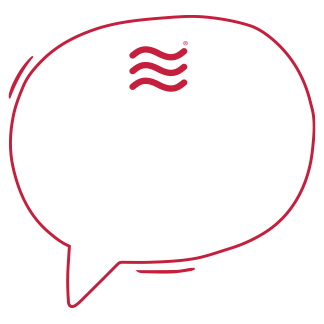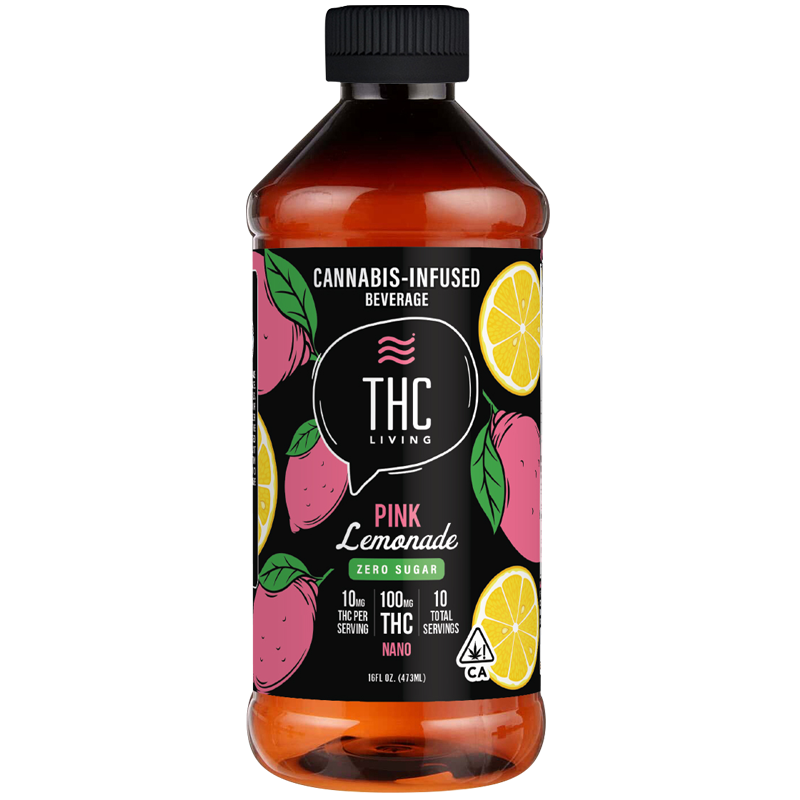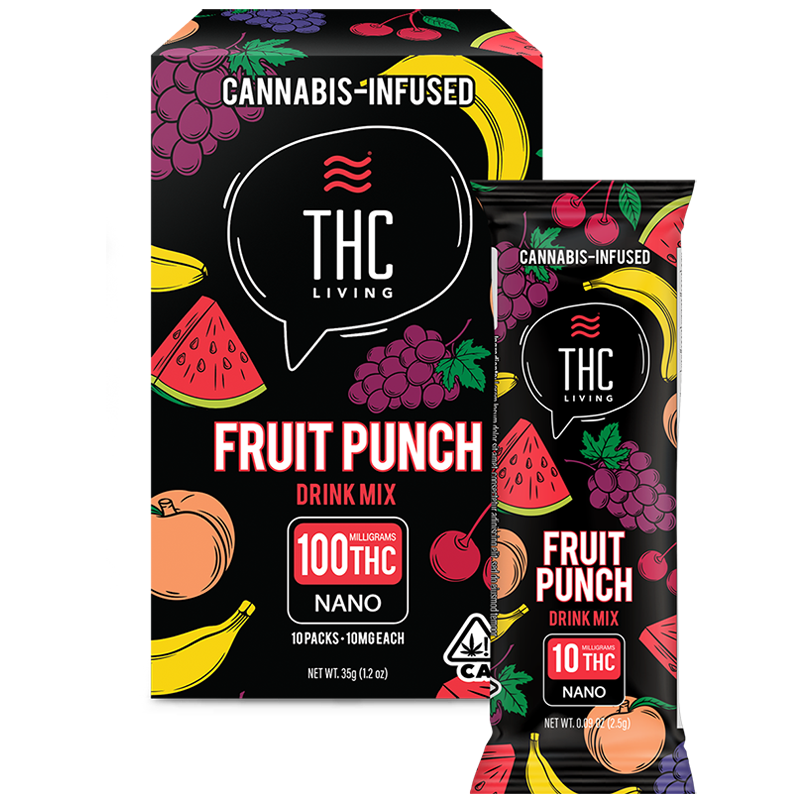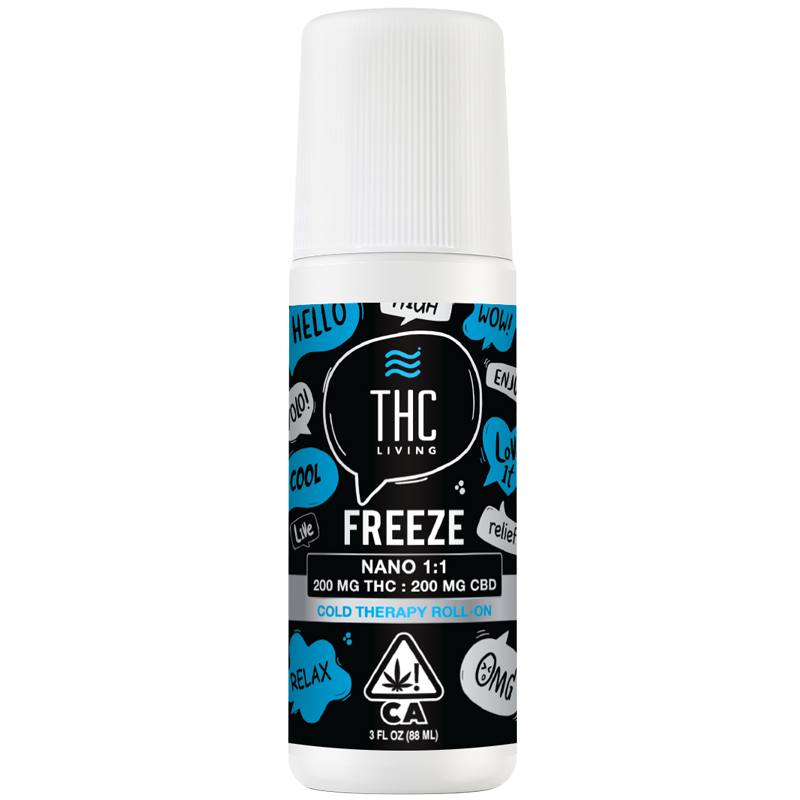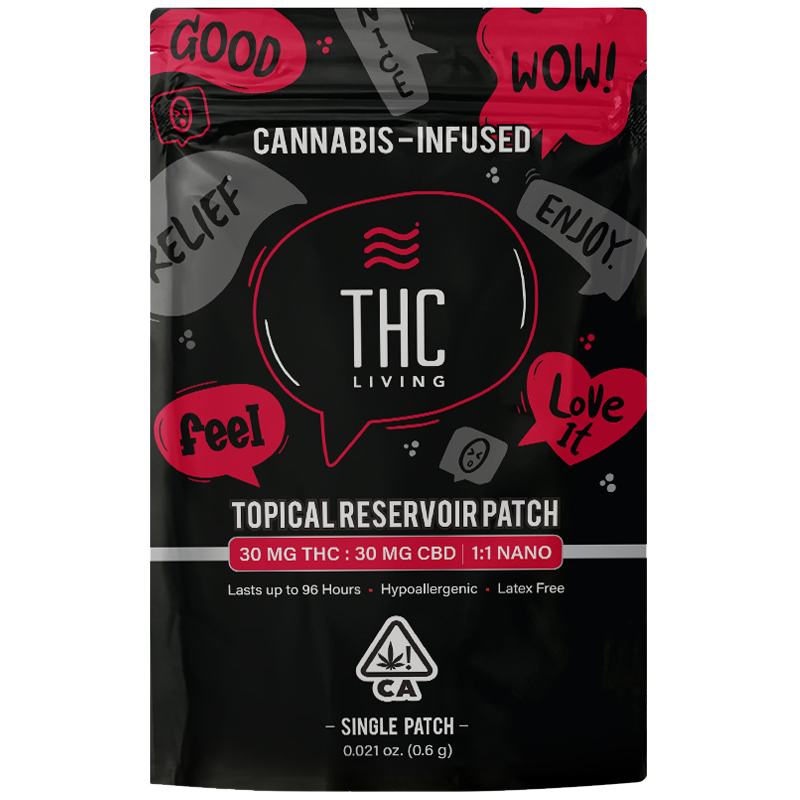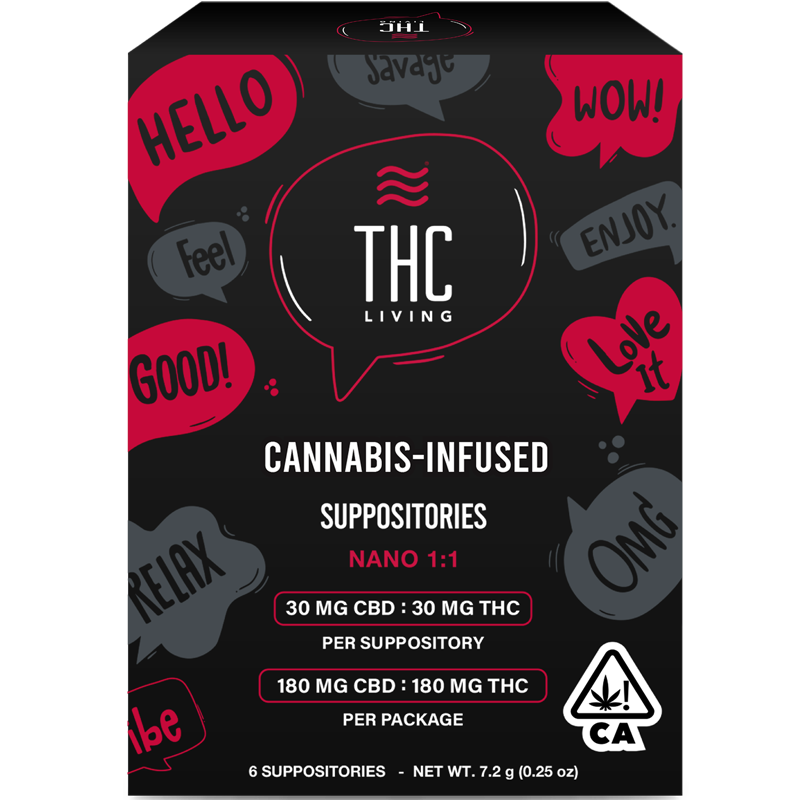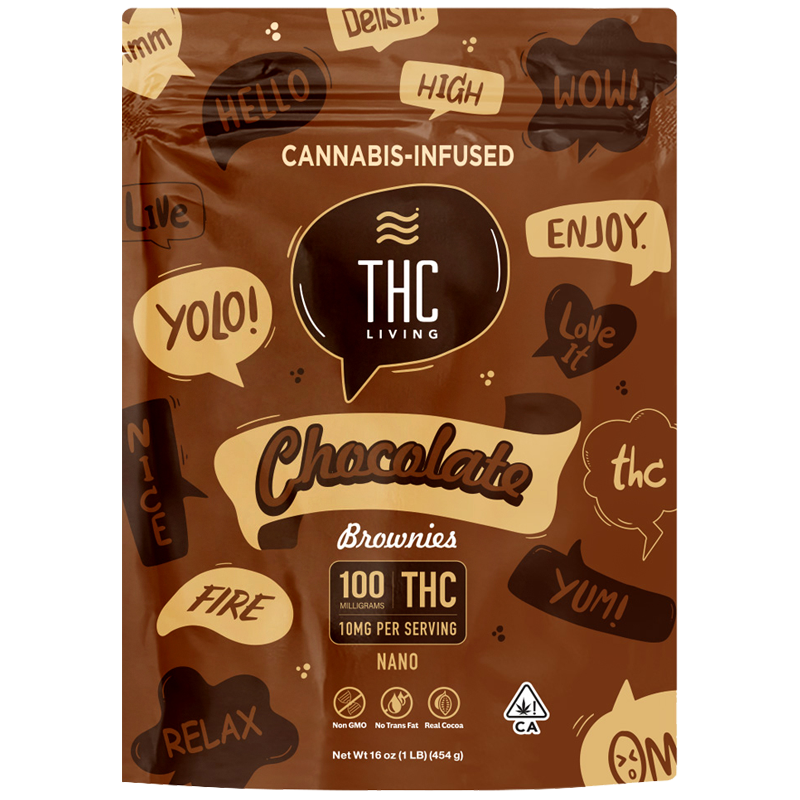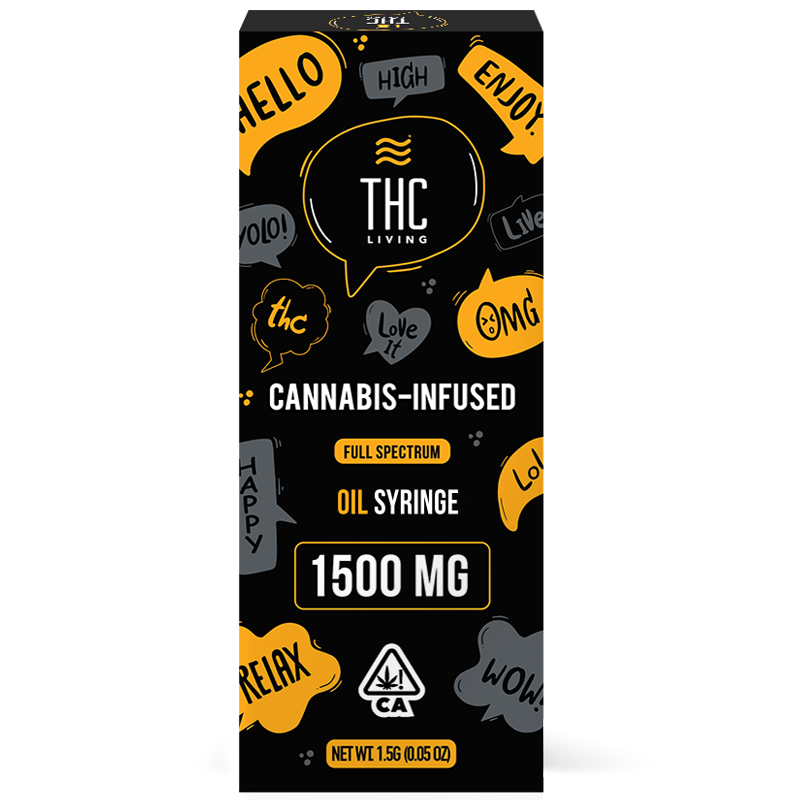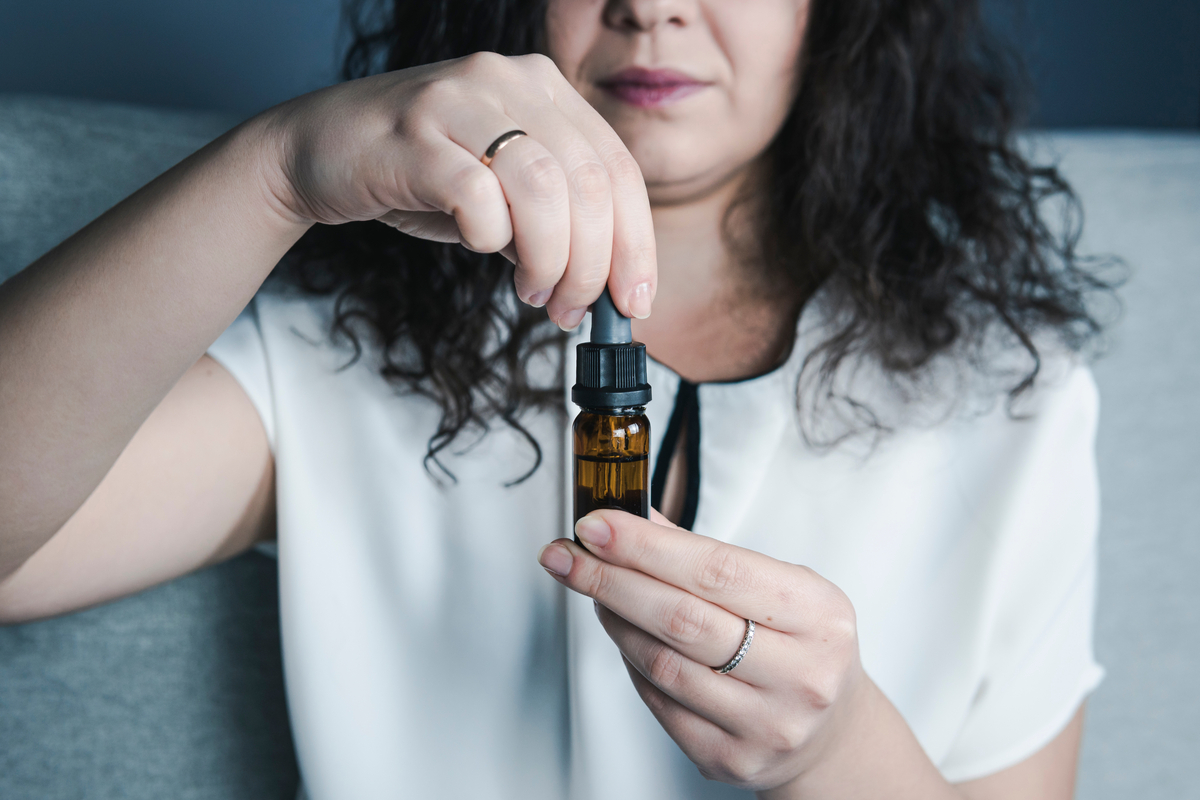Blog
Medical Relief Through TCH
Marijuana is known by different names, such as weed, pot, Mary Jane, ganja, grass, and more. But, they all refer to the mixture of dried flowers from Cannabis Sativa. Medicinal properties of marijuana have been researched and debated for several years, until the US FDA approved the THC-based medical products, along with dronabinol and nabilone. The FDA has also approved the CBD-based medication that comes in a liquid form.
Non-medical marijuana is considered recreational, unlike medical marijuana. In short, it is what cannabis is used for that makes it either recreational or medicinal. Marijuana that is used without medical justification makes it recreational, whereas a qualifying medical condition makes cannabis products medicinal.
Effects of Medical And Recreational Cannabis Products
Both types of cannabis products are derived from the same plant but produce different effects among the users. Cannabis contains a CBD chemical that impacts the brain to enable better functioning, along with TCH, known for its pain-relieving properties. Both CBD and TCH are extracted for use by short path distillation. The legal distinction is based on states that have not yet legalized cannabis-based products.
Medical cannabis: The strains of marijuana used in medical products are richer in cannabidiol, commonly known as CBD.
Recreational cannabis: These products have strains that are THC-dominant. The effects are psychoactive.
However, both types are used for pain relief. So, people suffering from chronic pain, cancer, epilepsy, glaucoma, multiple sclerosis, Parkinson’s disease, post-traumatic stress disorder, and ALS will qualify for medical cannabis. Patients require a medical marijuana card after being diagnosed by a physician to buy cannabis-infused products.
Products Made From Cannabis
Products come in a number of modalities, including:
- Oils
- Creams
- Lotions
- Roll-on
- Sprays
- Patches
- Tinctures
- Suppositories
- Smoking/ Vaping
- Edibles
The topical applications can come with nanotechnology that allows faster absorption through the skin and provides quick relief from chronic pain. Those suffering from muscle pain and inflammation find such products a huge boon. Edibles, such as CBD-infused gums, contain around 10mg of CBD per chewing gum and can also alleviate symptoms associated with cancer, reduce anxiety, and provide pain relief.
Fruit drinks that have THC are available in different flavors and are sugar-free. The Water-Soluble technology makes the THC molecules into nanometer particle sizes and enables immediate absorption.
Key Takeaway
The key to wellness through cannabis is responsible usage or consumption. In moderation, and under your physician’s guidance, cannabis-infused products can be the answer to a myriad of health problems, physical, and mental.
